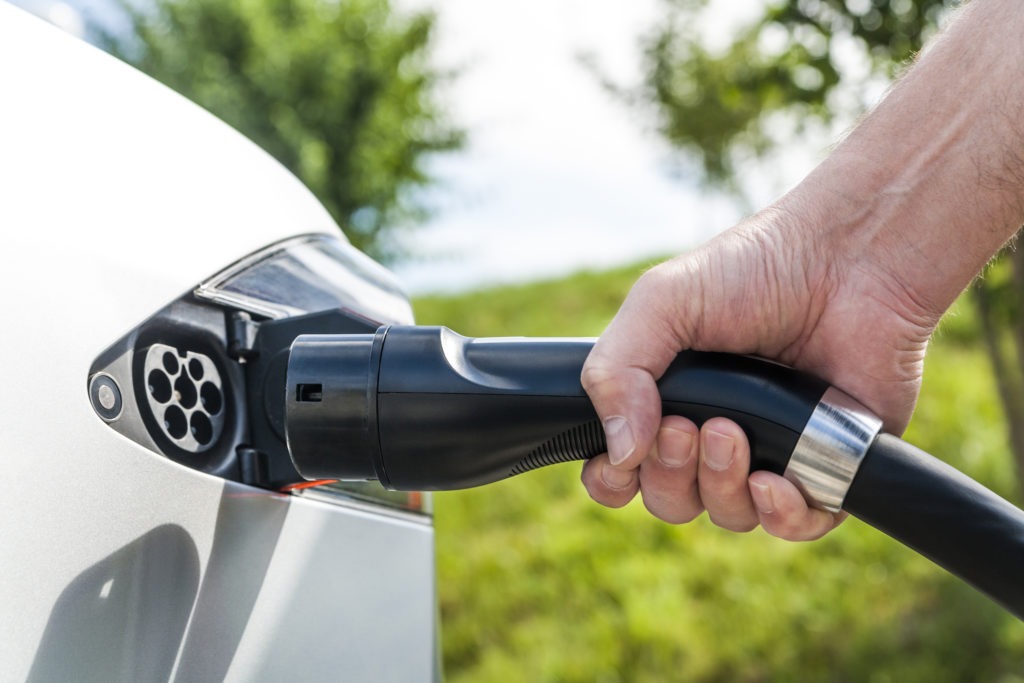Bosch considering gigafactory investment to help development of electric vehicle batteries
21 December 2017

21 December 2017
Automotive technology and parts supplier Bosch believes that construction of a battery cell factory will cost the company €20 billion.
However, the firm believes that the necessity of such a facility will outweigh any potential cost. The German company has yet to decide on whether to build such a factory. However, it believes that by 2030, half of the vehicles sold globally will feature some form of electric drive, and therefore to meet future demand, Bosch must think about getting involved in the production of batteries.
Speaking to German newspaper Handelsblatt, chairman of the Bosch board of management, Volkmar Denner, said: ′Although this investment is financially no problem for Bosch, such a decision must be considered from an entrepreneurial point of view. There are many risks involved.’
Bosch has already made moves into battery production, purchasing a company specialising in solid-state batteries over two years ago, and pushing ahead with research and development of the technology, which is considered superior to current lithium-ion batteries used by carmakers today, not least with increased range. Toyota is one company currently developing solid-state batteries for use in its vehicles.
The main challenge Bosch is facing is the current market for electric vehicles and their development. Multiple manufacturers are investing and planning new models at present, but while interest in the technology is gaining pace, the sales of such vehicles are still relatively low compared to petrol and diesel cars. It is unclear where the greatest growth will take place, which manufacturers will be leaders in the technology and the criteria by which they would meet their battery needs.
Bosch’s scenario that almost half of new cars produced in the world by 2030 will need some form of electric battery means that capacities of 1,000-gigawatt hours would be needed. To take a market-leading position, the company would need a share of at least 20%, meaning it would have to produce batteries with 2000 gigawatt hours of power. The factory designed for this capacity is estimated to cost €20 billion.
The supplier is not alone in its plans to build a facility for battery production. Swiss technology company ABB has joined forces with Northvolt to build what it believes will be Europe’s largest lithium-ion battery factory in Sweden. Vehicle manufacturer Daimler has taken a further step towards an integrated supply chain, by beginning the construction of a €500 million plant near Berlin, Germany, which will assemble lithium-ion units for its models.
The UK is also looking to become a leader in the technology, with the government choosing a site to build a plant in the country. The National Battery Manufacturing Development Facility, as it will be named, comes thanks to a partnership between the Warwick Manufacturing Group, Coventry and Warwickshire Local Enterprise Partnership and Coventry City Council.